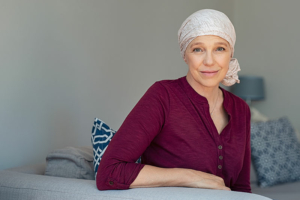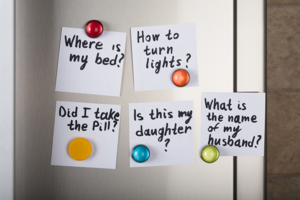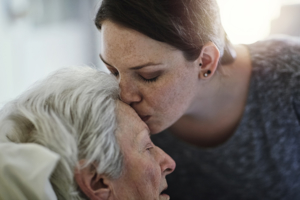
Patients with chronic illness may feel more empowered when given the opportunity to communicate their own health care goals.
Regarding chronic diseases, seniors are the experts, hands down, with as many as three out of four seniors impacted by several conditions that are ongoing, require long-term medical attention, and place limits on activities. With the never-ending barrage of bloodwork along with other tests, physicians’ appointments and procedures, and medications, managing chronic diseases can take both a physical and emotional toll, and might quickly become stressful.
Dr. Mary Tinetti, chief of geriatrics and internist at Yale School of Medicine, points out, “Once you get three, four, or five and six diseases, several things happen: Number one, almost guaranteed, trying to get one of these diseases under control is going to make one of the other diseases worse. Number two: The more we ask people to do, the more overwhelmed they get and the less they are likely to do.”
For these reasons, Dr. Tinetti has developed the Patient Priorities Care approach, with the objective to decrease the burden of treatment by empowering patients to communicate their personal health care goals – determining what matters most to them. A plan of care will then be created to best meet those goals. For instance, one person’s goal could possibly be to improve total wellbeing in the short-term, while another person may seek to increase longevity of life. It also takes into consideration activities the individual enjoys and how to discover a means for him or her to continue to take part in them.
The Patient Priorities Care method builds upon the Minimally Disruptive Medicine strategy established ten years ago, which also seeks to ease the stress of chronic condition treatment, but which did not comprise the key aspect of introducing feedback from patients to understand what means the absolute most to them.
Ultimately, what many seniors ascertain is they desire to limit “unwanted care,” which they understand requires a lot more than the benefit they are going to receive from processes such as diagnostic tests and procedures. To that end, aging adults and their families can take advantage of these beneficial resources to get more successful, self-directed care, such as a conversation guide, summary of health goals, and a lot more.
At Responsive Home Care, we are focused on discovering what is most essential to the older adults within our care, and to providing the level of care that helps them thrive and reach their goals. It is why our care is fully personalized, and always starts off with discovering as much as possible about every individual and what his or her goals encompass – and then developing a plan of care to help achieve those goals. Reach out to us at 954-486-6440 for more information.



 Everyone goes through good days and bad days, and everyone is entitled to negative thinking or irritability every now and then. If you are caring for an older adult who appears to have fallen into a routine of continual negativity and complaining, there could be a reason for it. It’s worthwhile to explore whether or not a health issue may be the culprit for negative mood changes in a senior.
Everyone goes through good days and bad days, and everyone is entitled to negative thinking or irritability every now and then. If you are caring for an older adult who appears to have fallen into a routine of continual negativity and complaining, there could be a reason for it. It’s worthwhile to explore whether or not a health issue may be the culprit for negative mood changes in a senior.







